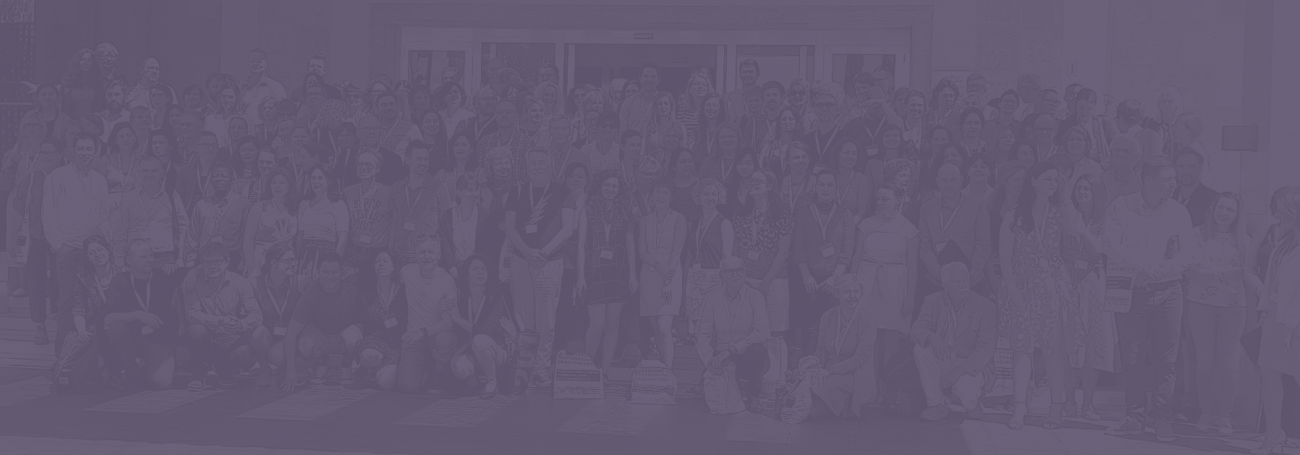
We would like to acknowledge the work of the whole team of the Foresee Research Group and Borbala Fellegi, as the founder and executive director of Foresee from Hungary, with the European Restorative Justice Award in 2018 for their outstanding contribution to the development of restorative justice in Europe.
Foresee is a team of young people, with a multidisciplinary composition, very much committed to combating social inequalities and injustices and promoting restorative justice and other innovative ways of dealing with conflict.
It is a group of researchers/scientists, but at the same time they are practitioners, trainers and activists. They have demonstrated very convincingly how to make in the broad field of restorative justice the bridge between research based knowledge and insights on the one hand, and social involvement and action on the other hand.
They have been involved in a series of local, national and European projects, each time with an amazing high level of competence and quality. Their projects on restorative justice in prisons and peacemaking circles have attracted a lot of international attention. Their work in the FP7 project ALTERNATIVE is amongst the most amazing and creative things that can be done in the field of action-research.
They operate in a country that, because of the pending threats on democracy, deserves our full support: they show the way forward, how bottom-up, emancipatory practices can be developed and implemented in such complex environment.
They form a remarkable team amongst them. They work in a very democratic and participatory way internally, very efficient also. But also at the European level they have shown to be really good and very nice team players. So they also bridge between the European and the national level, developing innovative practices.
They have been very committed to the EFRJ from the very first moments of its existence. They were partners in various European projects with the EFRJ. Borbala Fellegi - the driving force behind Foresee - has been the chair of the Research Committee for many years.
They have the skills to disseminate their research and project findings to a broader public in an effective way, by their publications but also through social media and other communication tools. Because they are young, innovative, dynamic and creative, offering effective services of high quality in a very reliable way, they are a model for the further development of restorative justice.
I am especially happy today to hand over this award for Borbala, or as many of you know her (but maybe cannot spell correctly), Borcsa, and her colleagues present here today, Gabor and Dori, because we have a long experience working together, which developed not only into great professional collaboration but also into friendships, and because you are a model for me personally on how to lead in a democratic, participatory and creative way and how to achieve great results and impact even with scarce resources and in difficult environments.
The EFRJ is happy to grant you the 2018 RJ Award and we believe that it will give inspiration and courage to other (young and less young) persons and groups both in Western and Central/ Eastern Europe.

